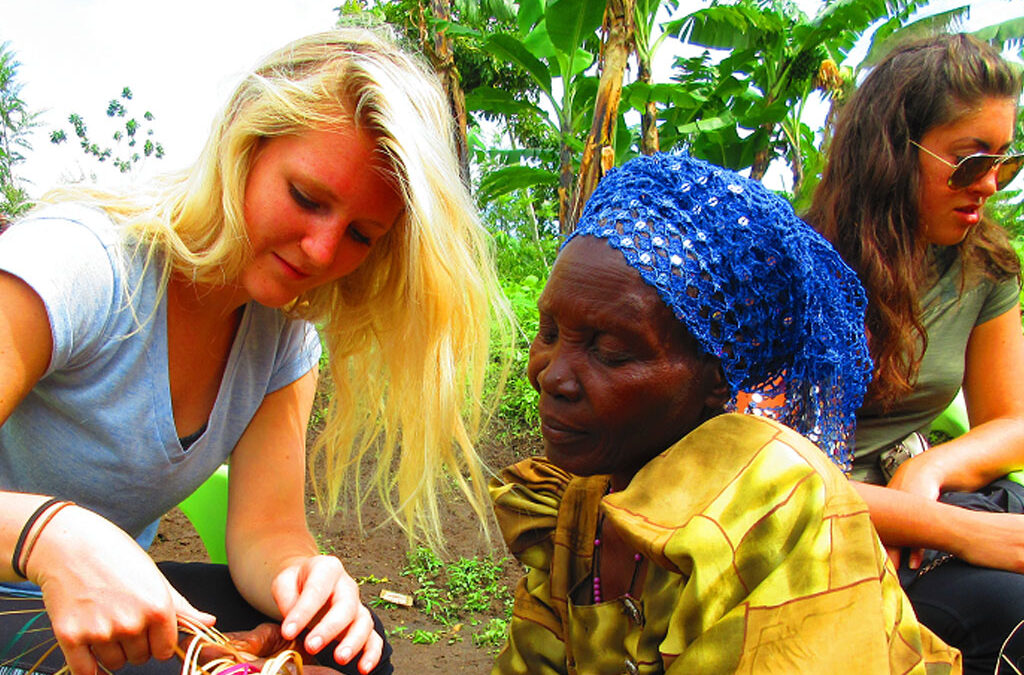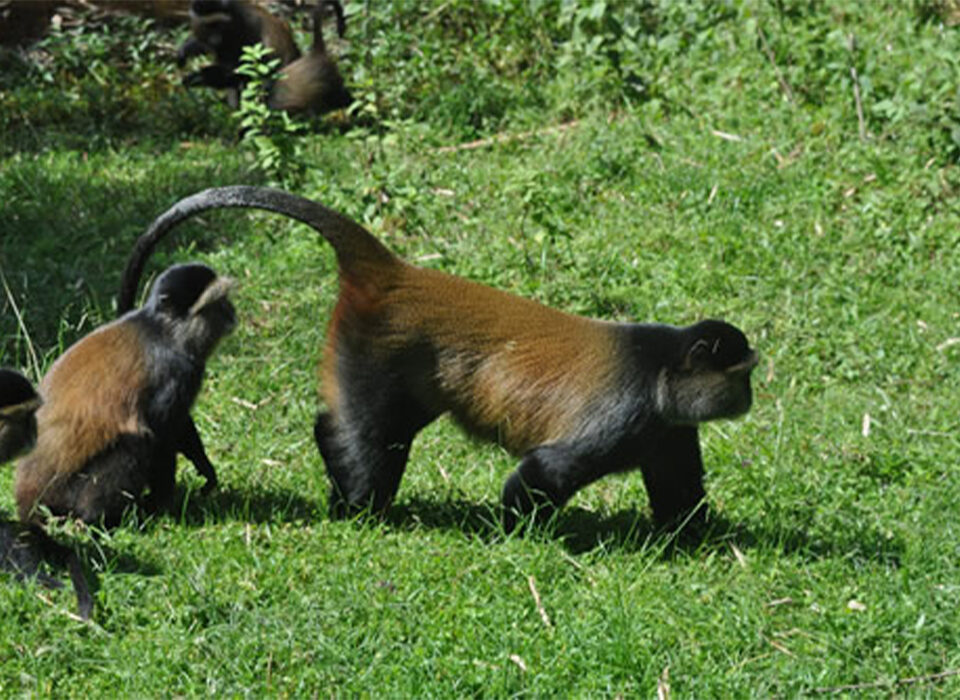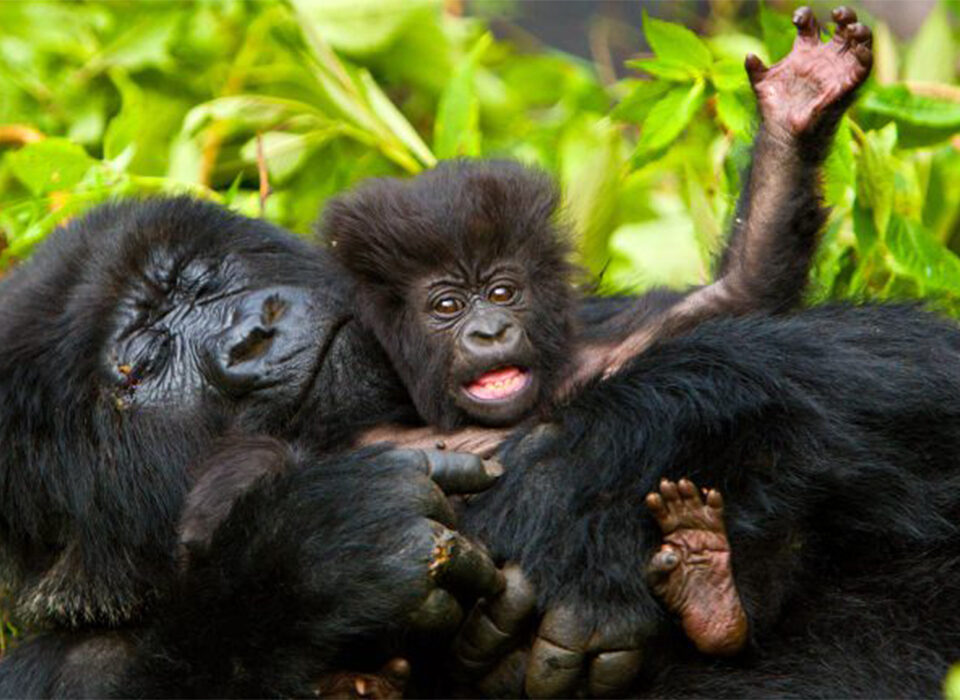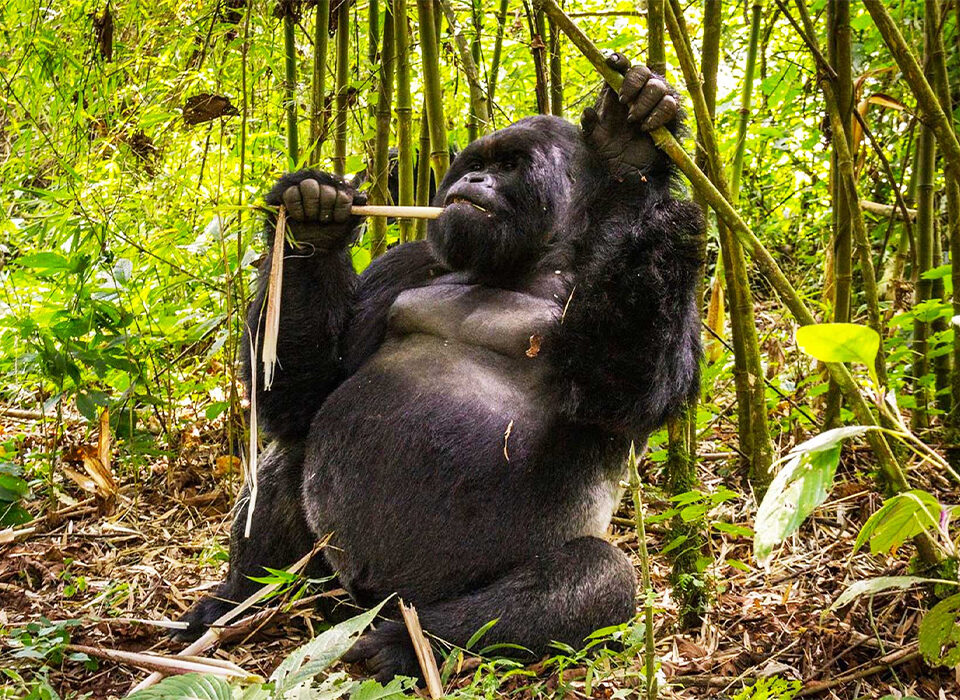
Travel Expert Advice on Golden Monkey Trekking in Volcanoes National Park
September 1, 2025
Coffee Plantations Tour in Sipi Region
September 2, 2025What is It Like Combining a Uganda Safari and Volunteering

Combining a Uganda safari with volunteering depends largely on your purpose for visiting the Pearl of Africa. Uganda, blessed with breathtaking landscapes, rich culture, and incredible biodiversity, offers an adventure-filled safari alongside opportunities to give back to local communities. Whether your interest lies in wildlife conservation, cultural immersion, or social support, Uganda allows you to balance thrilling adventures with meaningful service.
What to Do on a Uganda Safari
Gorilla Safaris
Gorilla trekking and habituation experiences top the list of safari activities in Uganda. The country, alongside Rwanda and the Democratic Republic of Congo, is one of the only places where endangered mountain gorillas survive. To participate, visitors must obtain a permit from the Uganda Wildlife Authority, with numbers restricted to just eight people per trek to protect these gentle primates. Gorilla safaris take place in Bwindi Impenetrable National Park and Mgahinga National Park, both in southwestern Uganda.
Chimpanzee Safaris
Uganda is home to around 5,000 chimpanzees, and visitors can observe them through trekking or habituation experiences. Kibale National Park is the primary chimpanzee sanctuary, though other habitats include Kaniyo Pabidi Forest in Murchison Falls National Park and Kyambura Gorge in Queen Elizabeth National Park. These fascinating primates live in communities led by democratically chosen alpha males, offering unique insights into their social lives.
Game Safaris
Game drives reveal Uganda’s rich wildlife, including at least four of the Big Five. Top safari destinations include Queen Elizabeth National Park, Murchison Falls National Park, Kidepo Valley National Park, and Lake Mburo National Park. Depending on the park, you may encounter lions, elephants, buffaloes, giraffes, zebras, cheetahs, and more. Always seek advice from a safari guide to find specific animals of interest.
Birding Safaris
With over 1,000 bird species, Uganda is a paradise for birdwatchers. Varied habitats—from wetlands to forests host incredible avifauna, including the shoebill stork, handsome francolin, Shelley’s Crimsonwing, and Egyptian geese. Birding hotspots include Mabamba Swamp, Mabira Forest, Queen Elizabeth National Park, and Lake Bunyonyi.
Water Activities
Though Uganda lacks an ocean coastline, it offers diverse water-based adventures. You can enjoy white-water rafting on the Nile, sport fishing, sunset boat cruises, or island getaways on Lake Victoria.
Mountaineering
For adventurers, Uganda’s mountains offer exhilarating hikes. The Rwenzori Mountains, with snowcapped Margherita Peak at 5,109 meters, provide one of Africa’s most challenging climbs. Shorter hikes on Mount Muhavura, Gahinga, and Sabyinyo can also be arranged.
Cultural Walks
Uganda’s cultural diversity is unmatched, with over 50 tribes and several cultural kingdoms, including Buganda, Bunyoro, and Tooro. Cultural walks let you sample local cuisines, listen to traditional music, and experience the daily lives of local communities.
Nature Walks
Guided nature walks provide a peaceful way to connect with Uganda’s wilderness. For example, a walk to the top of Murchison Falls reveals the raw power of the Nile as it squeezes through a narrow gorge. Along the way, you encounter lush forests, breathtaking scenery, and wildlife in their natural habitats.
Volunteering in Uganda
Uganda offers diverse volunteering opportunities, from education and healthcare to wildlife conservation and community development. Before arrival, define your area of interest so proper arrangements can be made with host organizations. Volunteering may involve teaching, supporting health programs, assisting in religious or social projects, or contributing to wildlife protection. Patience is important, as processes in Uganda may not always move as quickly as you expect.
Why Combine a Safari and Volunteering in Uganda?
Uganda’s people are famously warm and welcoming, often greeting strangers with genuine smiles. Combining a safari with volunteering allows you to explore the country’s natural treasures while giving back to its communities. When you purchase permits for gorilla or chimpanzee trekking, you directly support conservation efforts for endangered species. By volunteering, you extend this impact to human communities as well.
Best Time for a Safari and Volunteering
Uganda is open for safaris year-round, with activities continuing through both the wet and dry seasons. The dry season (June to September and December to February) is the most popular, as it allows easier travel and better wildlife viewing. The wet season (March to May and November) brings fewer tourists, lush landscapes, and peaceful safari experiences—ideal for those who prefer quieter encounters. For volunteering, the dry season makes community work and travel easier.
Costs of a Uganda Safari and Volunteering
Safari costs vary by category—luxury, mid-range, or budget. Gorilla, chimpanzee, and golden monkey permits are fixed costs across all categories. Additional expenses include accommodation, meals, transportation, and guide services. Carry some cash for tips, on-the-ground purchases, and personal extras. Tipping is highly appreciated and motivates service providers to deliver even better experiences.
General Information to Know
- Roads in Uganda are often bumpy, even within city centers.
- Expect heavy traffic, especially in urban areas during peak hours.
- English is the official language, though not everyone speaks it fluently.
- Safeguard valuables in town centers to avoid pickpocketing.
- Always carry your travel documents for identification.
- Hire a local driver-guide to navigate routes, as many roads are not clearly marked.
Safety in Uganda
Uganda is generally a safe safari destination, with Uganda Wildlife Authority managing national parks. Briefings are mandatory before treks or jungle walks to ensure safety. During game drives, remain inside your vehicle unless accompanied by an armed guide. Avoid teasing wildlife or hanging out of car windows, as this could provoke dangerous responses.
At night, stay indoors at safari lodges or camps, since the wilderness comes alive after dark. While hiking, carry appropriate gear and plan for dry-season treks to make your journey easier. In towns, keep valuables out of sight to prevent theft. Ultimately, your safety begins with personal responsibility and adherence to guidelines.



